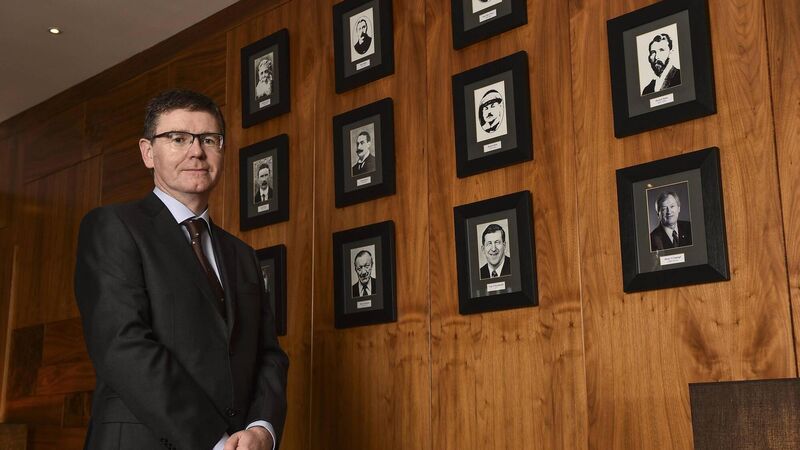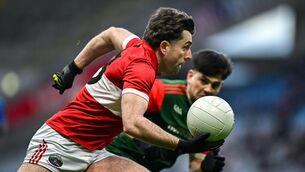Meeting gender quotas will be difficult for GAA, admits Tom Ryan

Ard Stiúrthóir of the GAA Tom Ryan pictured in Croke Park, Dublin. Photo by Brendan Moran/Sportsfile
GAA director general Tom Ryan admits the organisation faces a major difficulty to meet gender representation quotas on their committees.
Minister of State for Sport Jack Chambers has raised the possibility of withholding funding from sports bodies who do not appoint more women to their boards.











